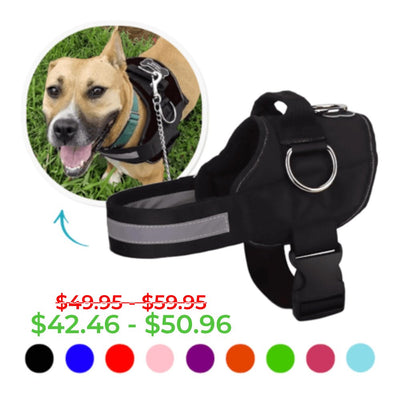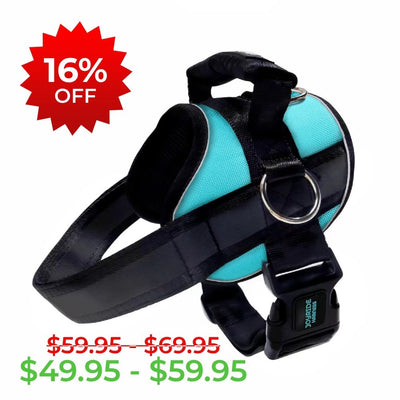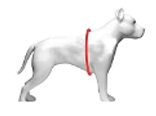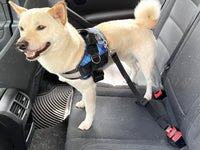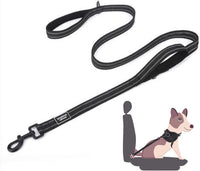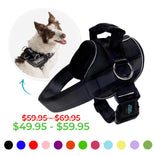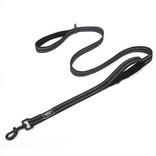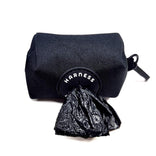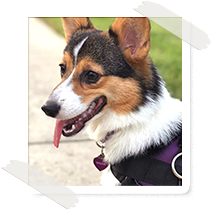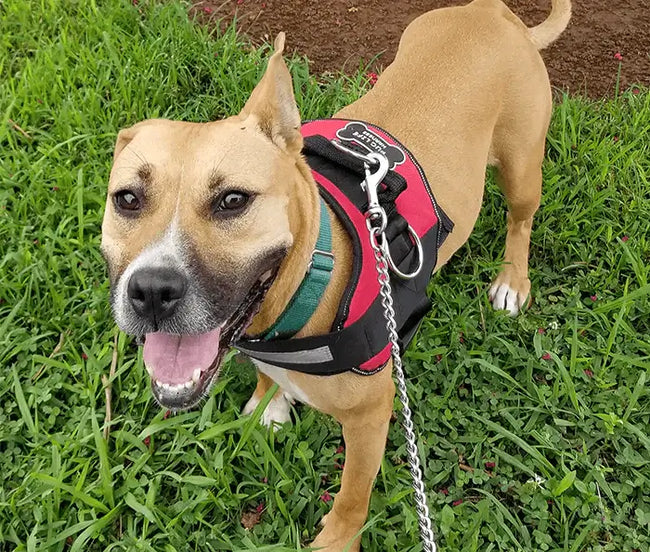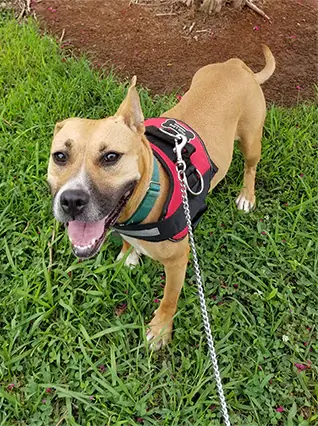How to Help Your Dog's Joint Health

As your dog gets along in their age, they may be more susceptible to health issues like joint and bone damage. This is just one category of joint health issues and for seniors, joint health issues are more than likely degenerative, or showcasing deterioration over time. The other category covers all fur babies, not just senior, and is known as developmental health concern; developmental joint health issues are the result of the joints not forming properly during growth.
When your dog’s joint health is at high risk, it’ll affect different areas of their life starting with simple movements. Here are some symptoms to keep a lookout for when it comes to joint health issues.

Your dog may have complications with their joint health if they are…
- Finding it difficult to get access to basic things
- Not quick to meet you at the door
- Struggling with lying down or sitting/standing up
- Limping or slowly, stiffly walking
- Whimpering or crying whenever touched; irritable
- Lethargic even when it comes to their favorite activities; no enthusiasm is present
The best way to approach joint health is through preventative measures and we’ve rounded up our favorite tips for joint health for you!
How to Help Your Dog’s Joint Health

Moderate their Weight - Protip via Modern Dog Magazine
“Just like with humans, excess weight can be detrimental to your dog’s health. Extra weight puts extra pressure on your dog’s joints, so if your dog is overweight, even a little, getting his weight down is the first step to improving his joint health. Make sure your pup is getting enough exercise in the way of walks and play, but make sure not to overdo it as this can also cause stress on the joints. Take a good look at the ingredients in your dog’s food and how much you’re feeding him. If his food has lots of artificial colours and flavours, preservatives, and chemicals, consider switching to something more natural.”
Introduce Glucosamine to Your Dog’s Diet - Protip via FitBark
“Two compounds can be beneficial for your dog’s joints and arthritis. These are glucosamine and chondroitin. The former is a compound made up of glucose and glutamine which helps in the creation of molecules that form the joint cartilages. It helps in reducing inflammation and stiffness. Chondroitin, on the other hand, is a substance that naturally keeps your dog’s joints cushioned and decreases deterioration.”
FitBark recommends giving your fur baby glucosamine by synthetic supplements that can be prescribed by your doctor. They also report there are natural foods that contain glucosamine and chondroitin like trachea or bone broth.
Read Now: Why Bone Broth is Great For Dogs by Joyride Harness
Make Things Comfortable For Your Fur Baby
If you’re dog is struggling because of their joint health, don’t let them keep at it without help. There are ways to make coping with joint health issues easier. For example, CaringPets.org recommends a sturdy harness, non-slip floor support like yoga mats, and ramps! Ramps are great for your bedroom if your dog shares the bed with you, great for skipping steps on the front porch, etc.
Pro-tip: Joyride Harnesses are built for the safety and security and comfort of your dogs. It also has a handle on the center of the harness should you need to assist your dog as they deal with joint health issues.



